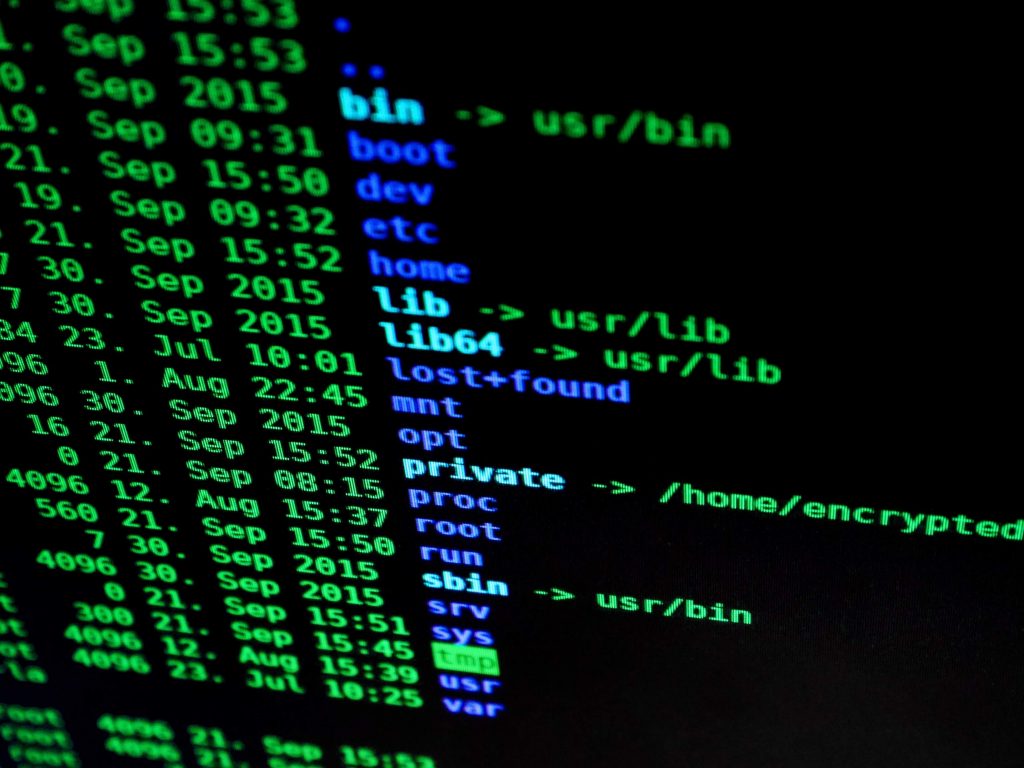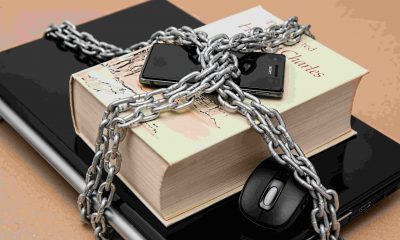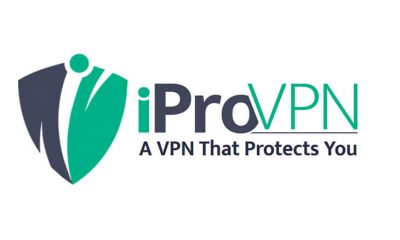It can also lead to the insurance policy and medical benefits fraud, thus heightening the chances of a lawsuit. Besides you may end up in credit card scams, burglaries, stolen bank information, and most threatening, loss of life. That’s why it’s extremely important to protect your personal privacy online. Follow these essential must-use tips when you go online or deal in online businesses:
Avoid Sharing Sensitive Personal Information
It’s common to join friends and family in giving a little too much details about your personal life such as your birthday celebrations, wedding ceremonies, office parties and such like online. But you must know that cybercriminals and online impersonators only need a fraction of this freely shared information caused by your negligence to wreak irreparable havoc. To be wholly safe, desist from revealing personal details including your address, full name, or financial information with unknown persons while chatting or making new online friends. Always refer to allthingssecured.com before filling out online forms and questionnaires or registering on a new website. Those current extra helpful tips will keep you safe from the latest trends in cybercrime that you are ignorant of. Moreso, use your real name sparingly. Treat every new or untrusted online communication the same way you would treat a stranger you met on the streets who was asking for directions to the nearest police station. You definitely won’t open up details about your work or personal life with someone you scarcely know. Be quick to discontinue chat with anyone who makes a shady request for your name and other vital info. That’s a sign you may already be in danger. If you’ve already said too much, check the sensitivity of the info you’ve shared and see if it can be undone immediately. Alert a legal expert, a police officer, or your spouse or relative when you’re unsure but think you may be in danger.
Use Highly Secured Passwords
The use of rather passive passwords such as “1111111111111” or “password” or just your names combined can’t provide any form of security — that you should know. Your pets’ names, kids’ names or birthdays, spouse’s names, or other guessable options must be dropped when picking a highly secured password. You need an easy-to-remember password, yes. But it must be one that is enormously difficult for malicious programs, friends, and even family to decipher no matter the number of password combinations they are able to come up with. Use a passphrase or an abbreviated sentence. They are much preferable to words that merely contain symbols and numbers. Another option is to employ the services of a password management app to generate and store your passwords for you. These password managers can help you create unique passwords for all your online accounts. You can also double up your password security by changing them regularly.
Secure Your Financial Information
You need to be conscious of where and where not you inputted your credit card details online. Before you make any purchase on a website, check that the website’s URL has “s” at the end of “HTTP” just before the site’s name on the address bar. It needs to look like this, “https://www.companyname.com” The “s” tells you that the connection is encrypted. It is also not a welcome idea to save your financial information on websites you regularly purchase your goods from because of cases where the company’s website may suffer a temporary data breach. Fraudsters may easily gain access to your valuable information in such scenarios.
Carry Your Family Along
You are the cross-bearer of the family. That’s right. But in the matter of cybersecurity, your family must join in the cross carriage. Imagine you’ve done your part to shut the doors tight before going to bed at night and your wife woke up to take a stroll outside after having a nightmare and didn’t think of locking it back. You’ll definitely be awakened by those unwanted visitors. This means that you have to warn and keep warning your family –wife, children, and other relatives or friends living with you — to take precautionary measures when browsing or sharing family info online. They must also know what you know in keeping the family secret safe from online thieves. The list of best practices to stay safe online is an endless one. From backing up your data regularly to avoiding the use of unsecured public wifi to using two-factor authentication, you need to do everything possible to stay secured and save yourself from online disaster.







